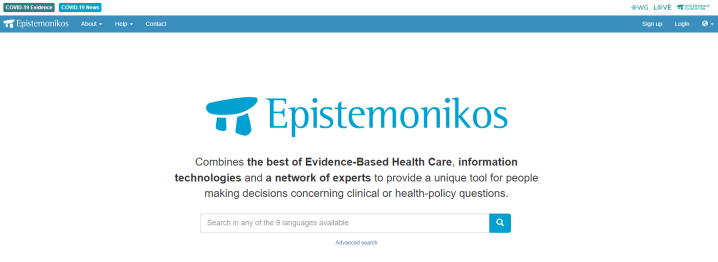Research Organization Registry
I work for an institution that is commonly referred to in a dozen different ways, among them University of California Berkeley (also with a hyphen, comma, or “at” after “California”), UC Berkeley (also with periods after the initials), UCB, California, Cal, Cal Berkeley, and just plain Berkeley. Even institutions that are referred to in less variable ways can change names, merge with another organization, split … Continue reading Research Organization Registry


